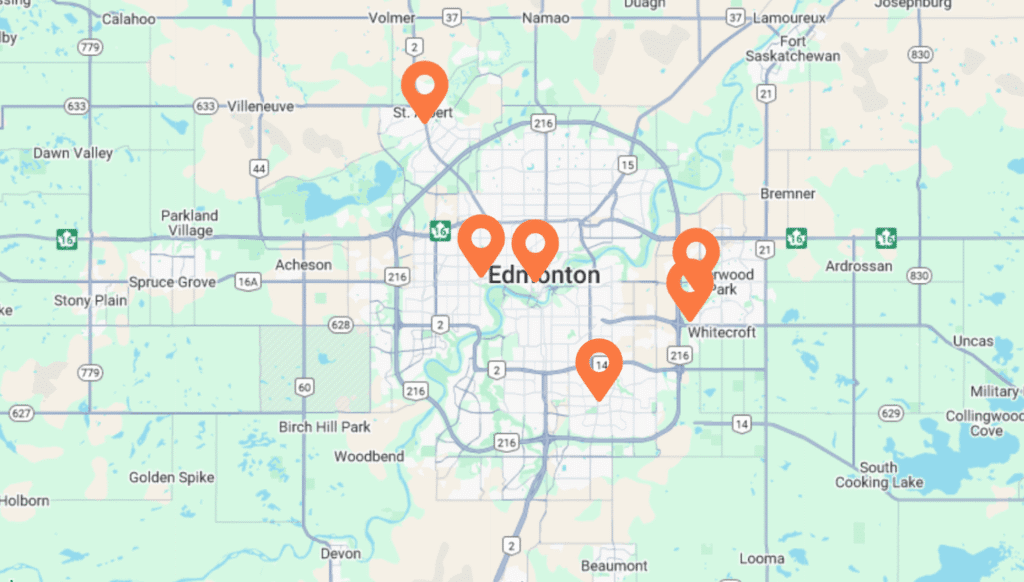Monday, May 10th was World Lupus Day and not everyone knows what Lupus is.
Lupus is a chronic disease with no cure. This means that you can manage it with treatment, but it will not go away. Treatment can help improve your symptoms, prevent flares, and prevent other health problems often caused by lupus. Your treatment will depend on your symptoms and needs.
How is lupus diagnosed?
Lupus can be difficult to diagnose because it has many symptoms that are often mistaken for symptoms of other diseases. Many people have lupus for a while before they find out they have it. There is no single test that can tell if a person has lupus. But your doctor can find out if you have lupus in other ways, including:
- Family history of lupus or other autoimmune diseases.
- Blood and urine tests. The antinuclear antibody (ANA) test can show if your immune system is more likely to make the autoantibodies of lupus. Most people with lupus test positive for ANA. But, a positive ANA does not always mean you have lupus. If you test positive for ANA, your doctor will likely order more tests for antibodies that are specific to systemic lupus erythematosus
- Skin or kidney biopsy. A biopsy is minor surgery to remove a sample of tissue. The tissue is then viewed under a microscope. Skin and kidney tissue looked at in this way can show signs of an autoimmune disease.
How is lupus treated?
There is no cure for lupus but treatments can help you feel better and improve your symptoms. Your treatment will depend on your symptoms and needs. The goals of treatment are to:
- Prevent flares
- Treat symptoms when they happen
- Reduce organ damage and other problems
Your treatment might include medicines to:
- Reduce swelling and pain
- Calm your immune system to prevent it from attacking the organs and tissues in your body
- Reduce or prevent damage to the joints
- Reduce or prevent organ damage
What types of medicines treat lupus?
Several different types of medicines treat lupus. Your doctors and nurses may change the medicine they prescribe for your lupus as your symptoms and needs change.
Types of medicines commonly used to treat lupus include:
- Corticosteroids. Corticosteroids (prednisone) may help reduce swelling, tenderness, and pain. In high doses, they can calm the immune system. Corticosteroids, sometimes just called “steroids,” come in different forms: pills, a shot, or a cream to apply to the skin. Lupus symptoms usually respond very quickly to these powerful drugs. Once this has happened, your doctor will lower your dose slowly until you no longer need it. The longer a person uses these drugs, the harder it becomes to lower the dose. Stopping this medicine suddenly can be dangerous so follow the step-down instructions carefully.
- Nonsteroidal anti-inflammatory drugs (NSAIDs). Over-the-counter NSAIDs, such as ibuprofen and naproxen, help reduce mild pain and swelling in joints and muscles.
- Antimalarial drugs. Medicines that prevent or treat malaria also treat joint pain, skin rashes, fatigue, and lung inflammation. Two common antimalarial medicines are hydroxychloroquine (Plaquenil) and chloroquine phosphate (Aralen). Studies found that taking antimalarial medicine can stop lupus flares and may help people with lupus live longer.
- BLyS-specific inhibitors. These drugs limit the number of abnormal B cells (cells in the immune system that create antibodies) found in people with lupus. A common type of BLyS-specific inhibitor that treats lupus symptoms, belimumab, blocks the action of a specific protein in the body that is important in the immune response.
- Immunosuppressive agents/chemotherapy. These medicines may be used in severe cases of lupus when lupus affects major organs and other treatments do not work. These medicines can cause serious side effects because they lower the body’s ability to fight off infections.
- Low Dose Naltrexone. Naltrexone is best known for helping treat drug and alcohol addiction. But, low-dose naltrexone treatment may also reduce lupus pain and inflammation. One of our signature speciality compounded medications.
- If you have any questions on medications, compounds for Lupus or on Low Dose Naltrexone call one of our locations. We are happy to help.

